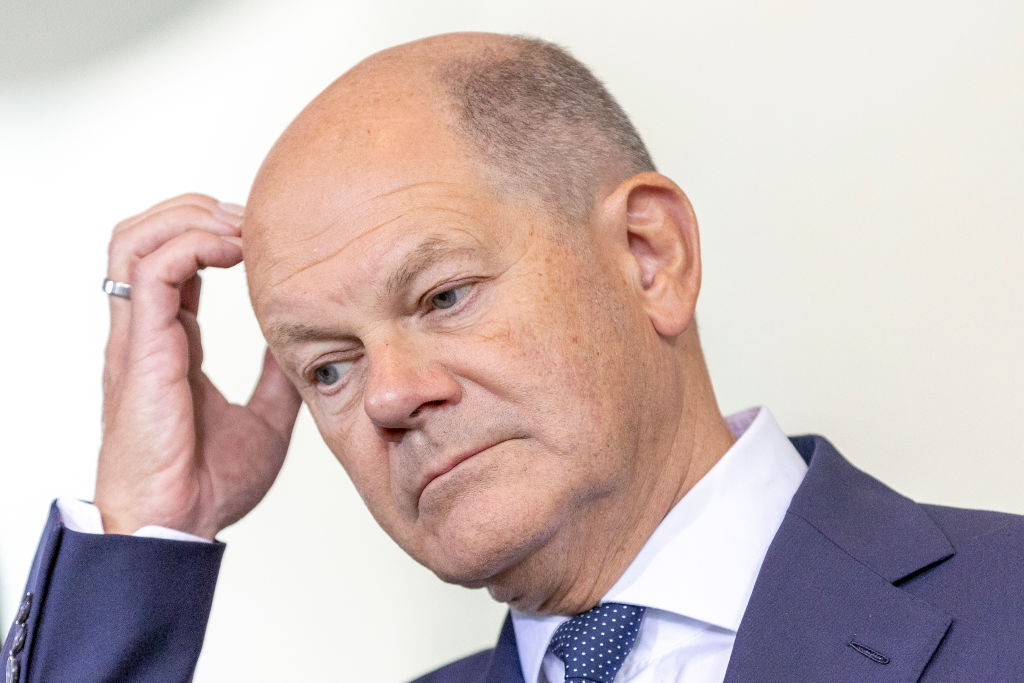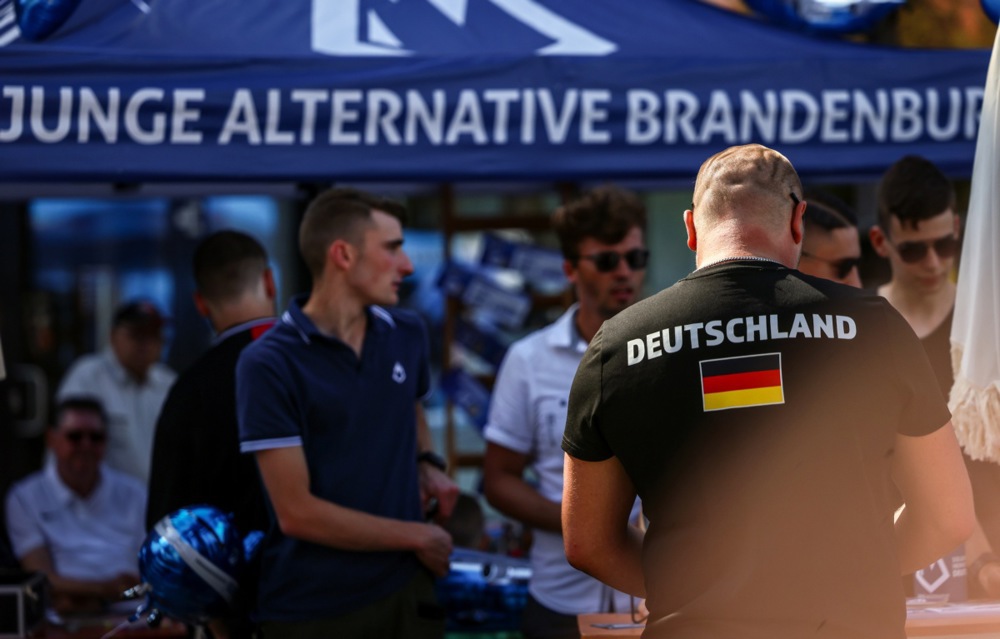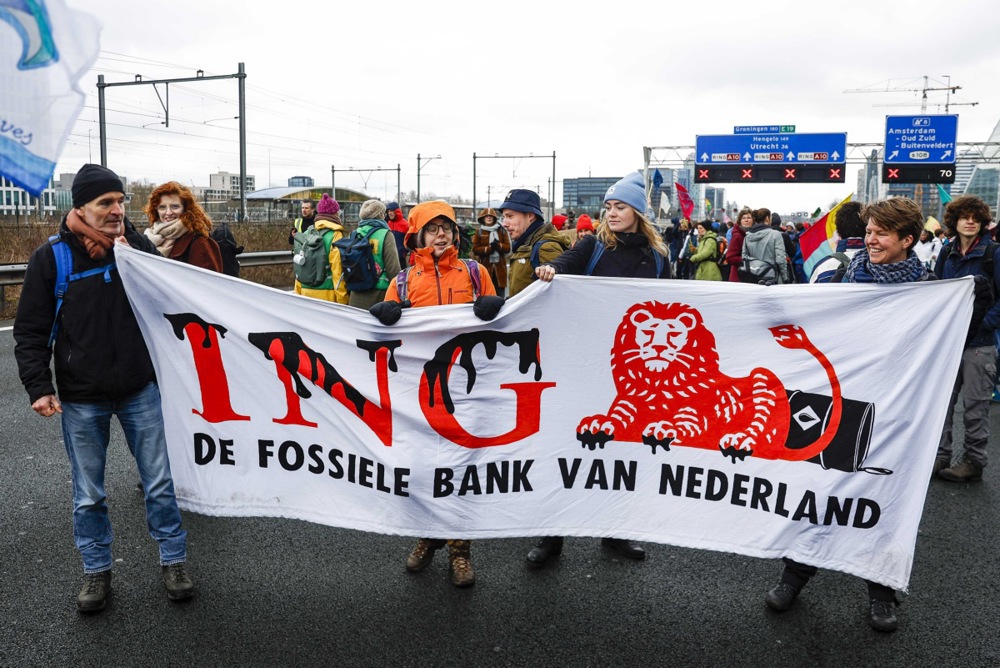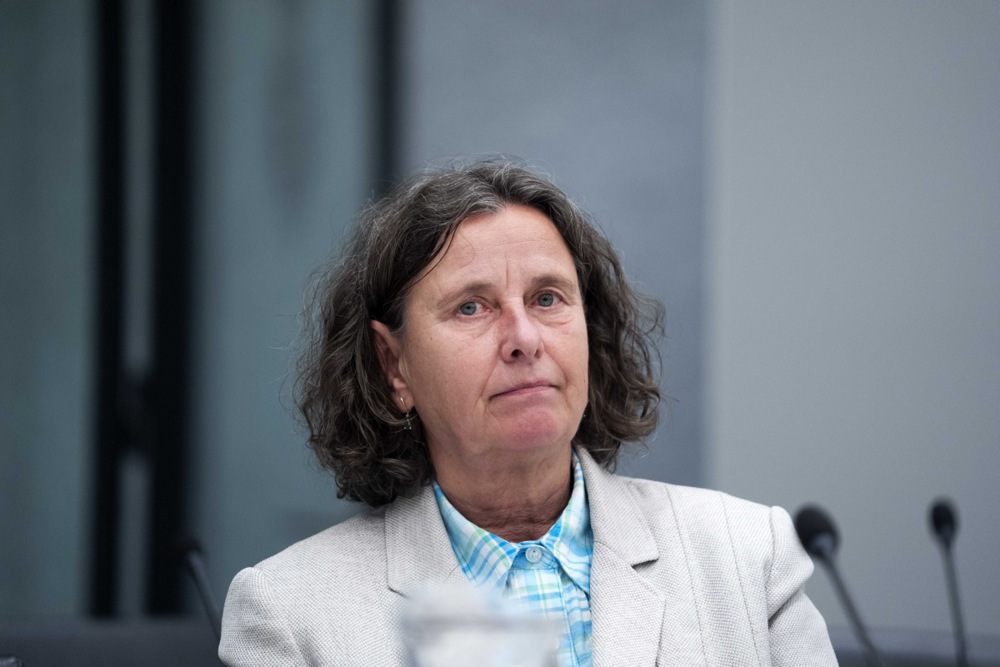Pieter Omtzigt’s meteoric rise to the top of Dutch national politics appears to have been followed by an equally impressive collapse.
Omtzigt’s centrist New Social Contract (NSC) party won 20 seats in November 2023’s elections. However, in the latest poll, published September 24, the party had lost nearly all its support would now secure only three seats.
Part of its woes may trace back to the party leader himself.
In mid-September, Omtzigt’s said he had “health issues” and announced he would temporarily take a step back.
He said he would continue to work for the party, “from the back.”
Since then, Nicolien van Vroonhoven, the party’s vice president, has taken over.
She said Omtzigt would return in due time. “We all know him as an incredibly passionate man fighting for the cause,” she added.
Omtzigt told journalists he experienced difficulties with the pressure of being a leading politician, with observers often wanting to know his next step.
The stress led Omtzigt to occasional emotional outbursts during government formation negotiations.
At one point, he ran away from the table, and he is reported to be struggling with extreme exhaustion and a burnout.
A right-wing majority cabinet in the Netherlands looks increasingly unlikely after Centrist Pieter Omtzigt of the New Social Contract party pulled out of coalition talks last night, citing “troubling public finances”. https://t.co/DRkRjSksU1
— Brussels Signal (@brusselssignal) February 7, 2024
Despite Omtzigt first appearing in the limelight as a capable legislator blessed with integrity and empathy when he unearthed a benefit scandal, he also often had an image of being “difficult”.
Its founder’s strong personality, coupled with the party’s explosive growth, presented a challenge for the party in evolving beyond a one-man operation.
The party has been divided on migration, with half its members agreeing with the government’s plans on declaring an asylum crisis, and bypassing parliament to introduce stricter migration policies. The other half of the party firmly opposed this.
Adding to these woes for the NSC was an opinion poll by Ipsos I&O, taken September 17 around ‘Prinsjesdag’, a Dutch version of the State of the Union. It showed people’s trust in politics greatly increased, but not across the board.
The greatest beneficiary of recent shifts in voters’ preferences was Geert Wilders’ hard-right Freedom Party (PVV).
Its highest-ever recent election tally of 39 seats would have grown to 41, if the election were held in September.
Traditional observers expected support for the PVV to fade after the party took on political responsibility. Instead of a quick ‘return to normal’, a more fundamental realignment looks to be occurring.
Other governing parties currently polled well, too. Were the election held in late September, the Liberal VVD party would keep its 23 seats and the Farmer Citizen Movement would add one, with 7.
Supporters of Wilders’ Freedom Party (PVV) were the most optimistic, while Greens and Socialists were the least.
Only 27 per cent of supporters of Pieter Omtzigts’s NSC trusted national politicians, a lower score than its coalition partners. Generally, Dutch voters’ trust in politicians has increased.
In 2023, only 33 per cent of respondents trusted national politicians, with an even lower 24 per cent trusting the outgoing cabinet of Mark Rutte.
Now, those numbers have risen. Around 44 per cent of respondents had trust in national politics. Trust in the new right-wing government is almost double the trust in the government last year, at 42 per cent.
Lower-educated people showed the biggest shift. In 2023, only 17 per cent had trust in the government, which has now grown to 49 per cent.
Dutch people are generally less pessimistic about the future of their country. However, a majority still believed the country was on the wrong path, while only a small minority was optimistic.





